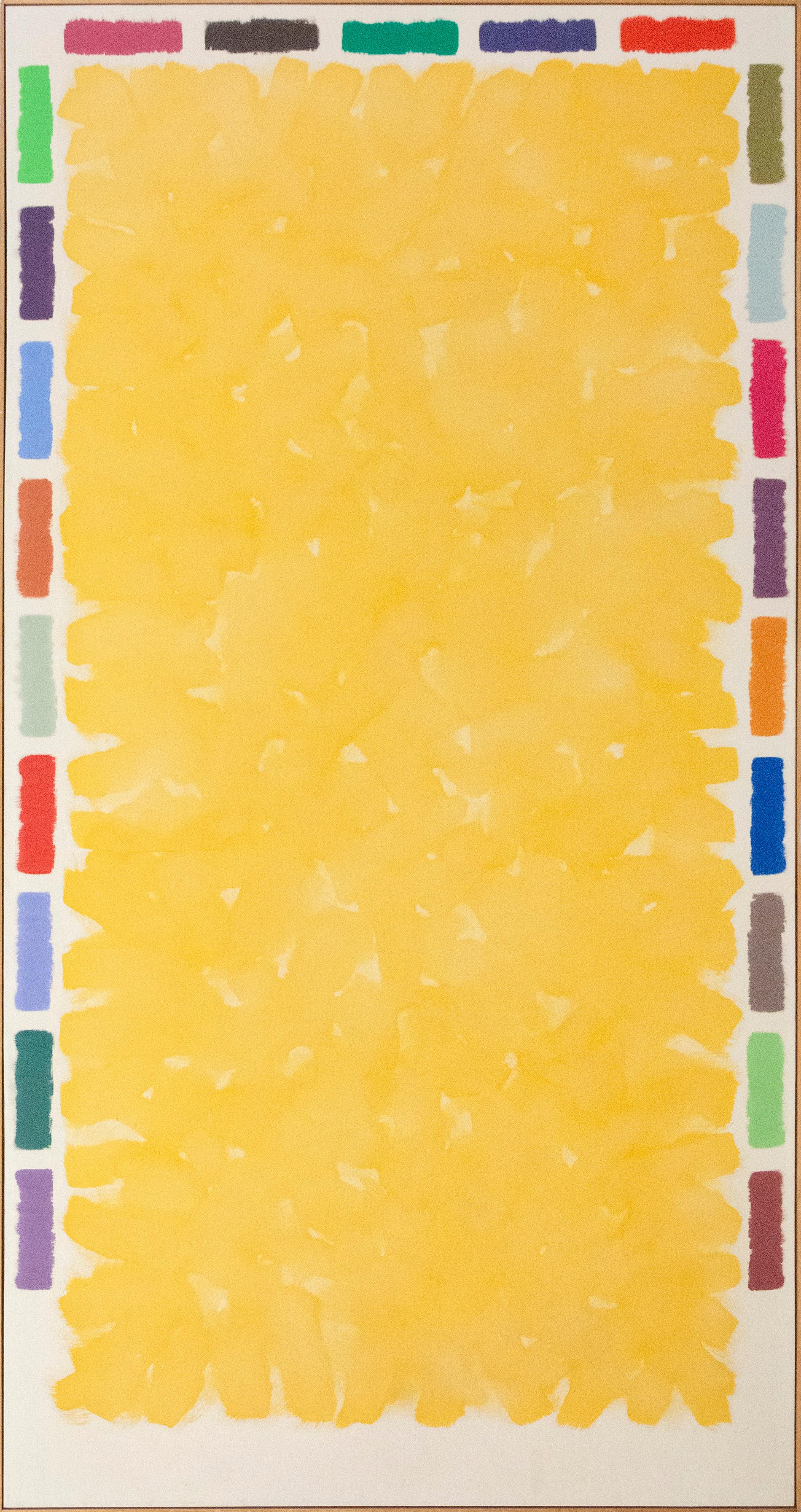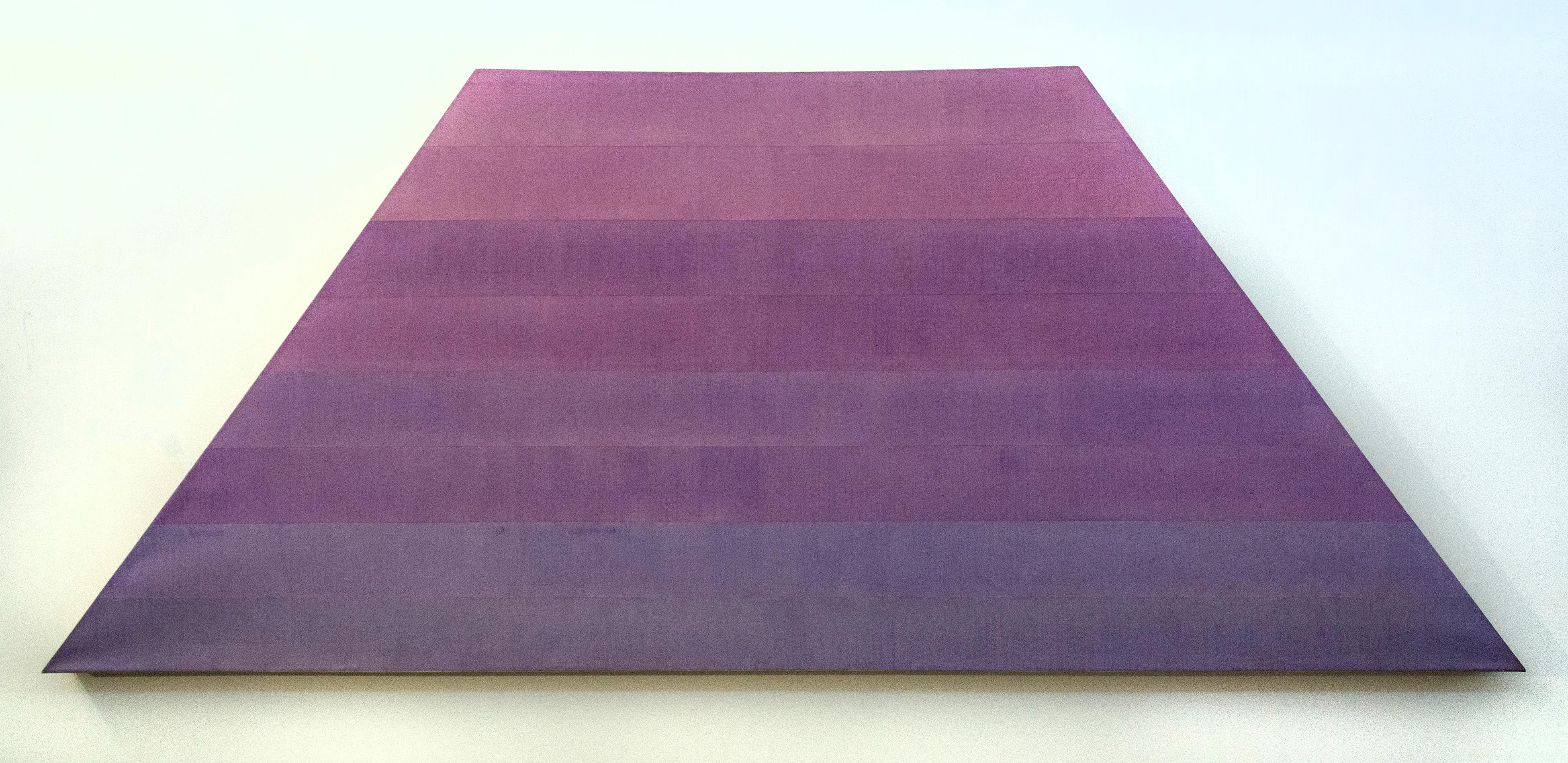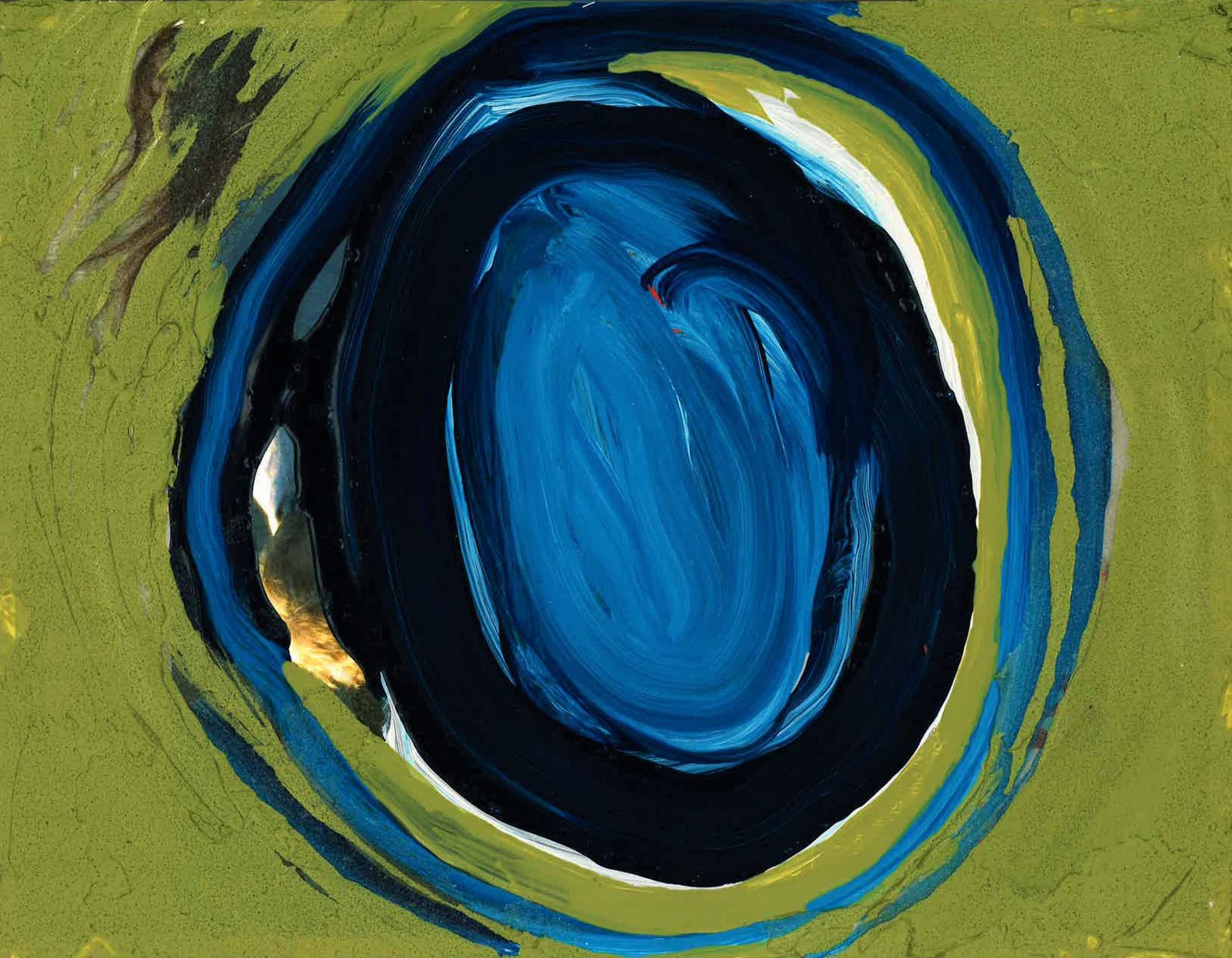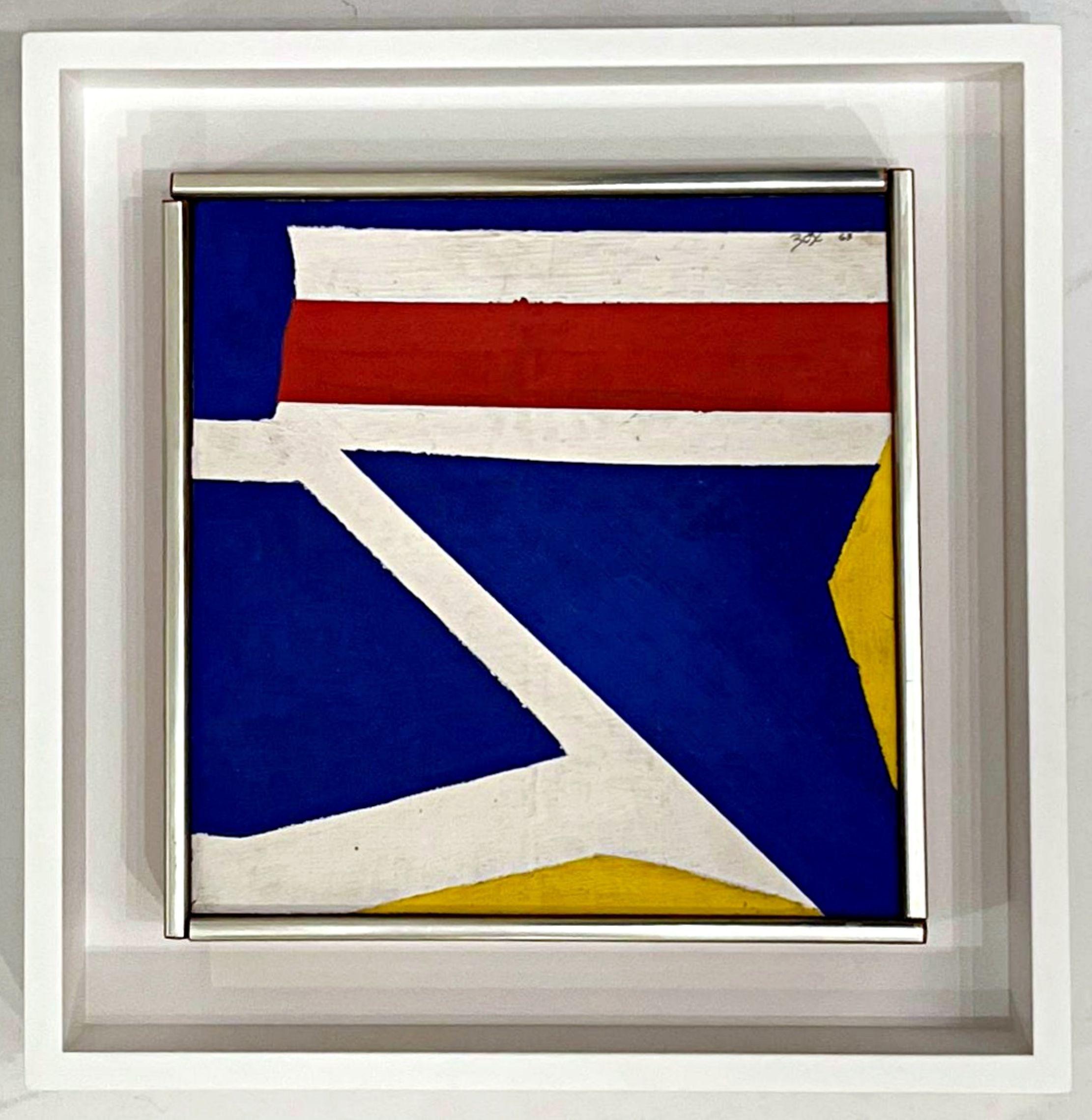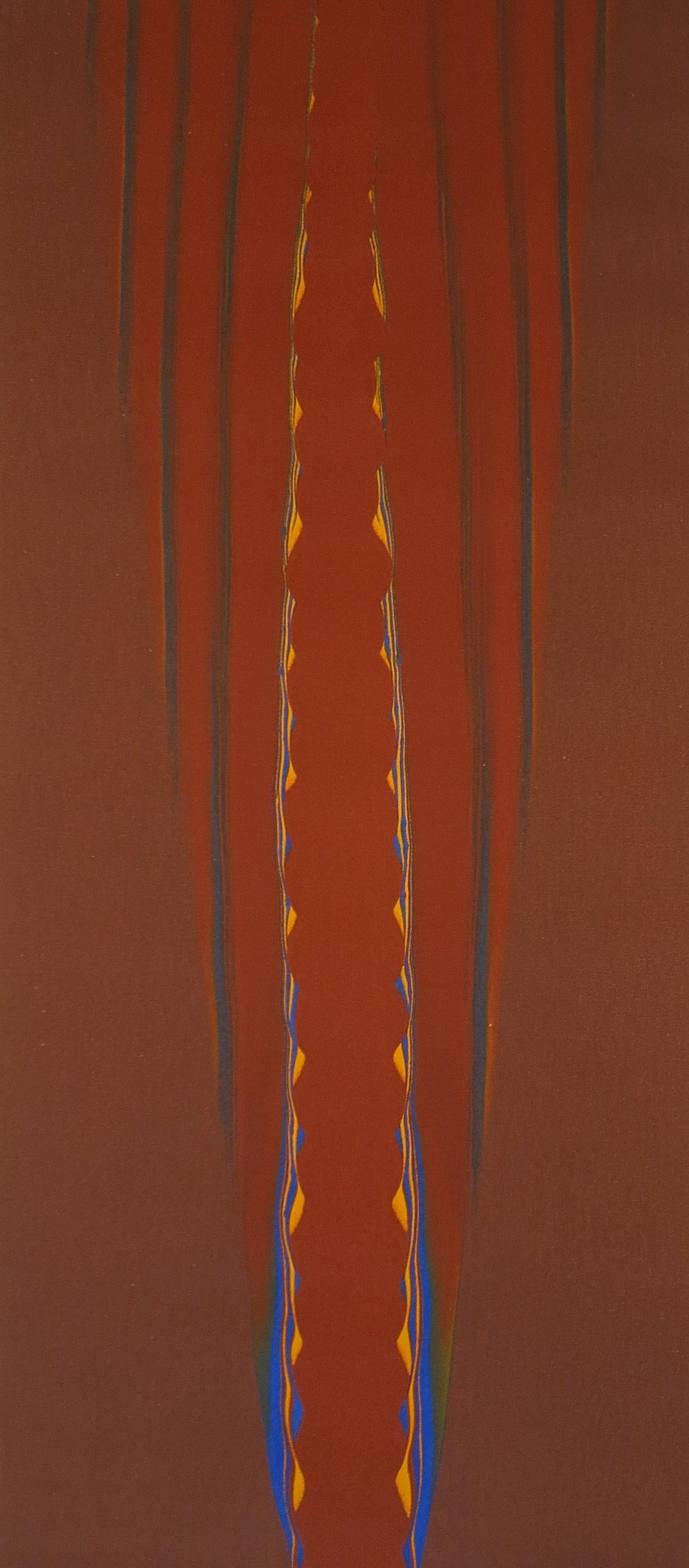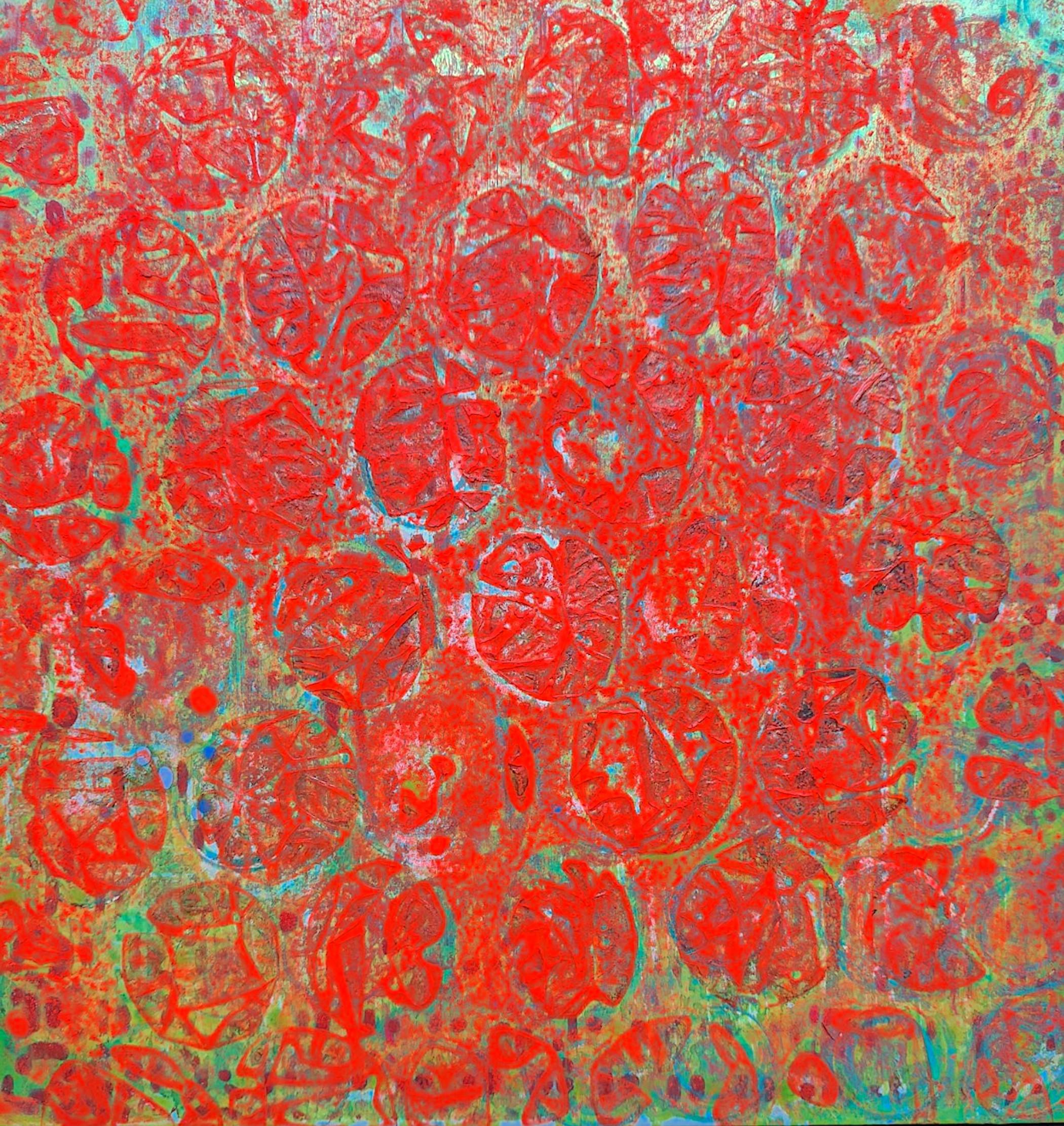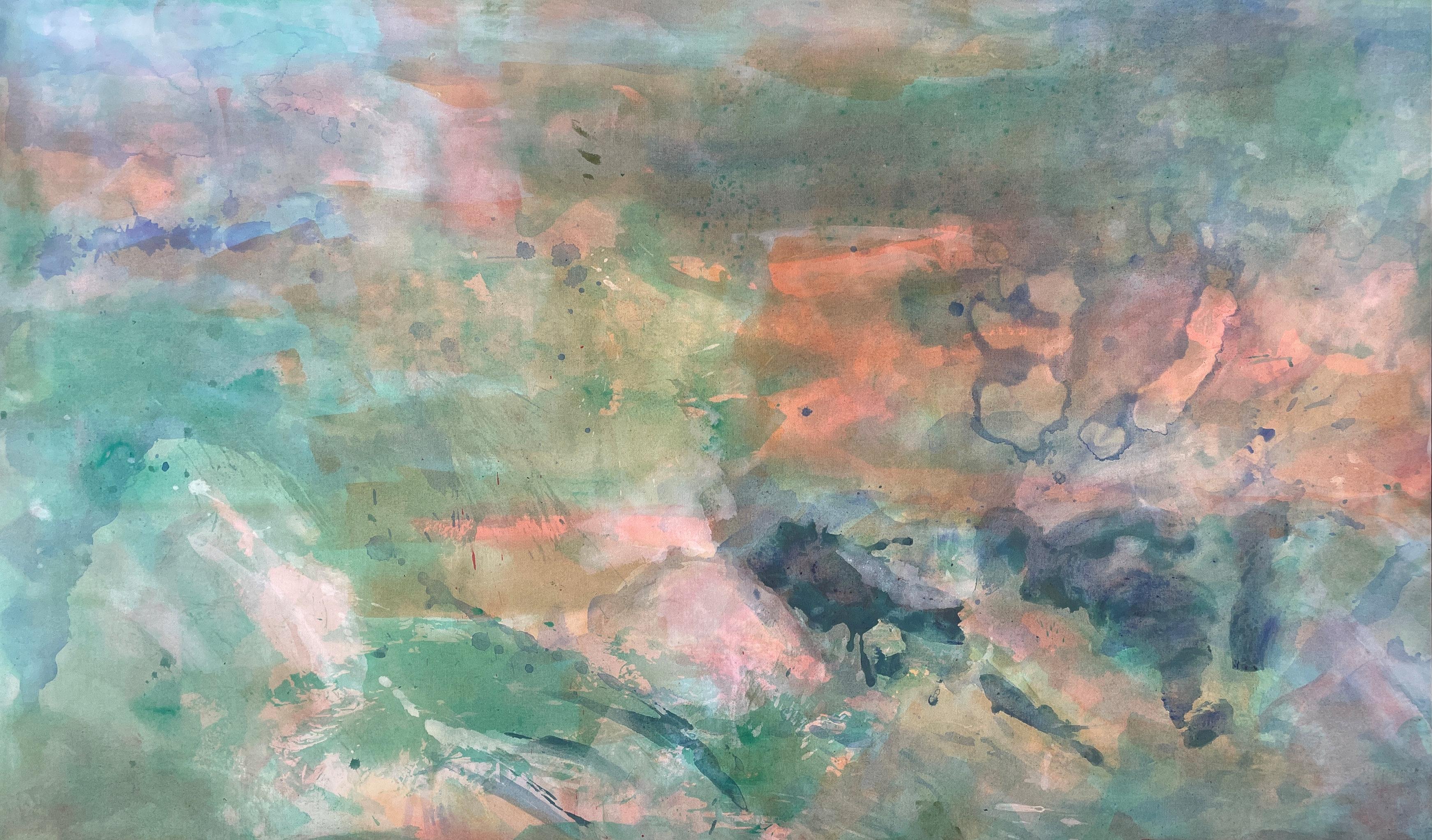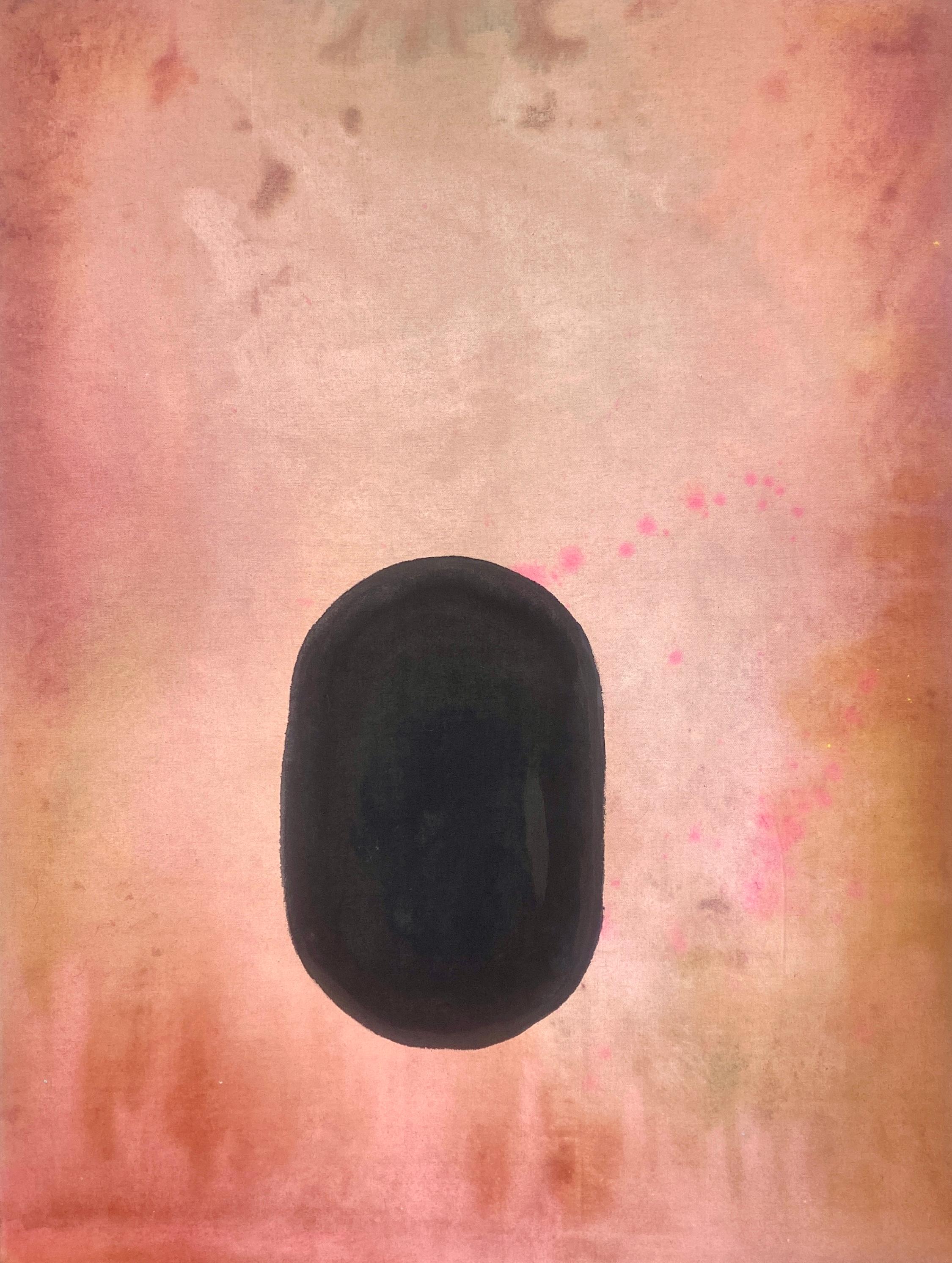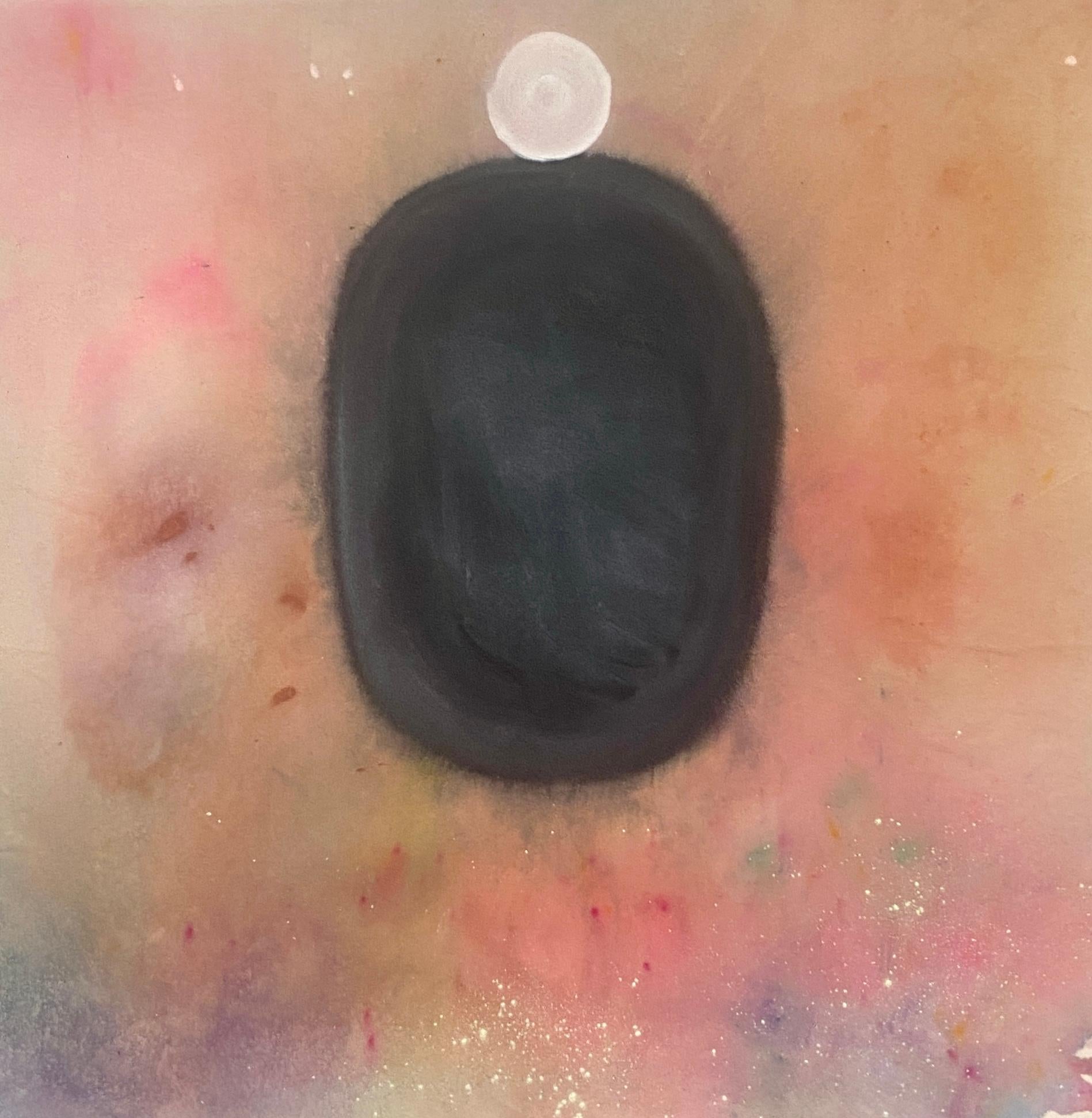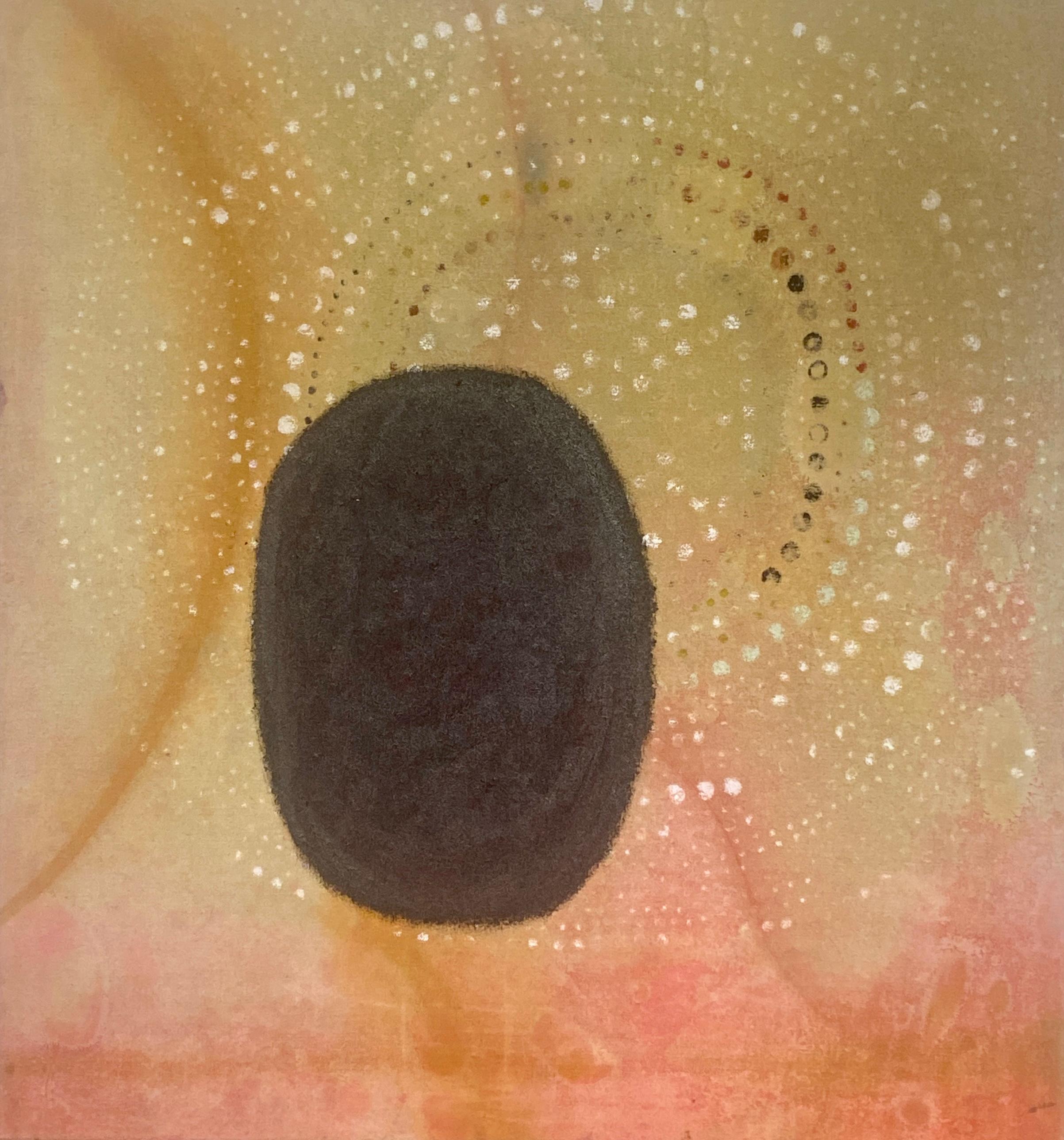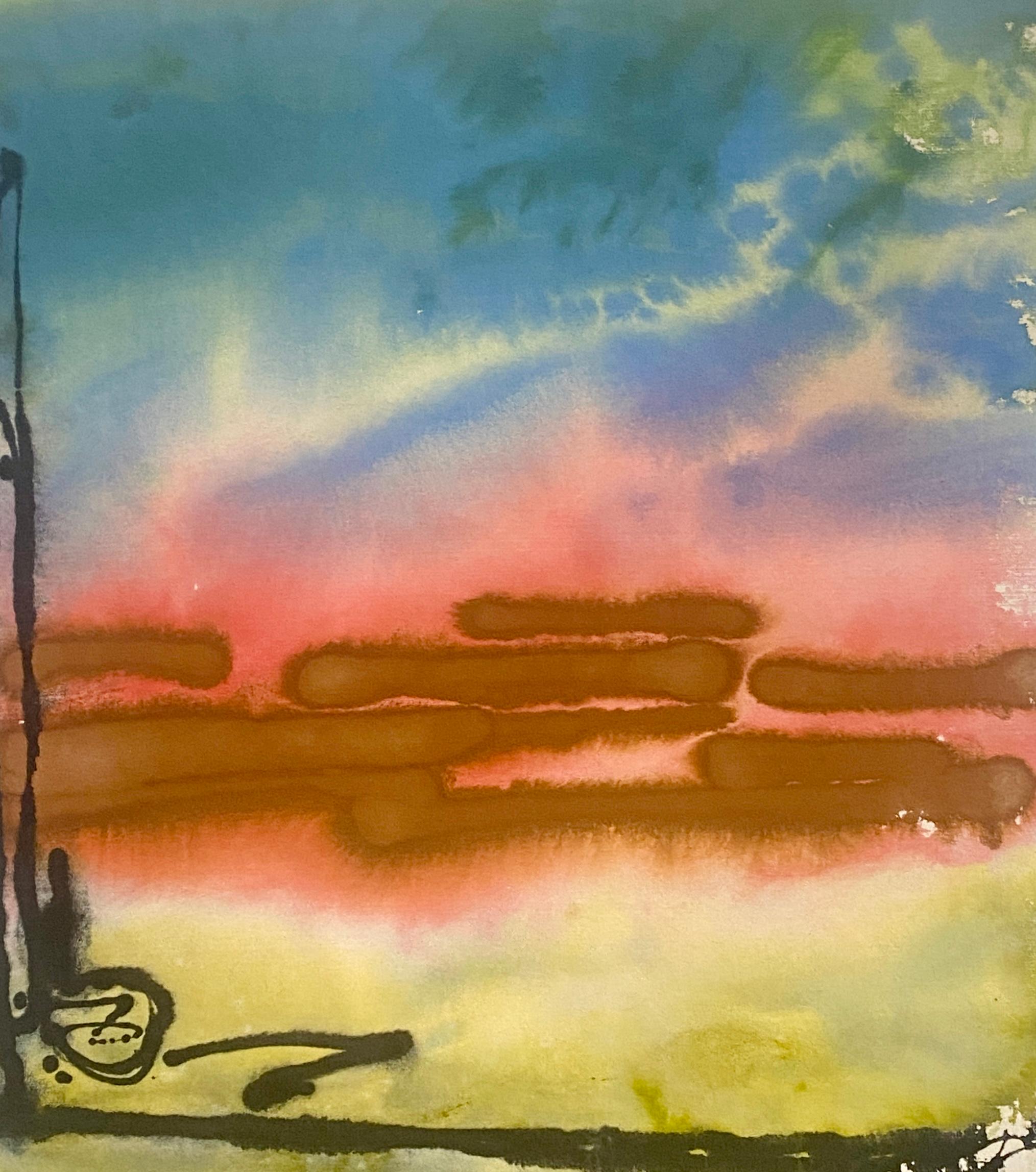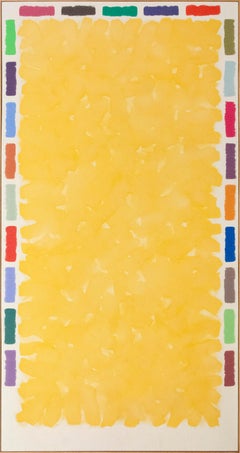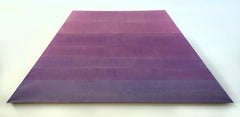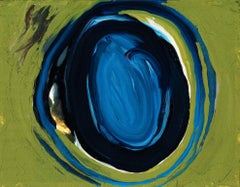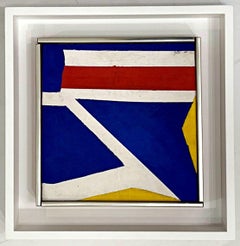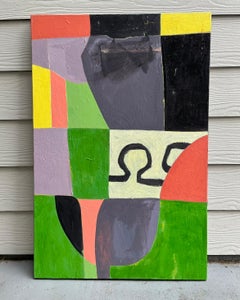
“Bat at Night”
View Similar Items
1 of 7
Blair Gallacher“Bat at Night”2020
2020
About the Item
- Creator:Blair Gallacher (American)
- Creation Year:2020
- Dimensions:Height: 36 in (91.44 cm)Width: 24 in (60.96 cm)Depth: 2 in (5.08 cm)
- More Editions & Sizes:original piece Price: $600
- Medium:
- Movement & Style:
- Period:
- Condition:
- Gallery Location:Austin, TX
- Reference Number:1stDibs: LU2070211039462
Authenticity Guarantee
In the unlikely event there’s an issue with an item’s authenticity, contact us within 1 year for a full refund. DetailsMoney-Back Guarantee
If your item is not as described, is damaged in transit, or does not arrive, contact us within 7 days for a full refund. Details24-Hour Cancellation
You have a 24-hour grace period in which to reconsider your purchase, with no questions asked.Vetted Professional Sellers
Our world-class sellers must adhere to strict standards for service and quality, maintaining the integrity of our listings.Price-Match Guarantee
If you find that a seller listed the same item for a lower price elsewhere, we’ll match it.Trusted Global Delivery
Our best-in-class carrier network provides specialized shipping options worldwide, including custom delivery.You May Also Like
Summer Window - large, bright, colourful, yellow, abstract, acrylic on canvas
By Milly Ristvedt
Located in Bloomfield, ON
Washes of sun yellow are edged in dashes of bright colors - mauve, cerise, lime and rust -- in this monumental color-field canvas by Milly Ristvedt. "Summer Window" from 1973 was cr...
Category
1970s Color-Field Abstract Paintings
Materials
Canvas, Acrylic
Glide - large, purple, pink, hues, striped, abstract, acrylic on shaped canvas
By Milly Ristvedt
Located in Bloomfield, ON
Gradient bands of washed violet turn to dust rose in this shaped canvas from 1968 by Milly Ristvedt. From the first part of her career, this powerful painting is rooted in the tenets...
Category
1960s Color-Field Abstract Paintings
Materials
Canvas, Acrylic
Eclipse
By Kory Twaddle
Located in Kansas City, MO
Artist : Kory Twaddle
Title : Doorway
Materials : Acrylic and sand medium on photographic advertisement board (cardboard)
Date : 2018
Dimensions : 8 x 10 x...
Category
2010s Color-Field Drawings and Watercolor Paintings
Materials
Paint, Paper, Acrylic, Tempera, Watercolor, Graphite
Price Upon Request
Larry Zox, original Red, White and Blue acrylic painting, signed, dated, framed
By Larry Zox
Located in New York, NY
Larry Zox
Red, White and Blue painting, 1963
Original acrylic painting on board
Signed and dated upper right front; Signed, titled and dated on the back as well
Unique
This work was originally sold by Jill Kornblee of the legendary Kornblee Gallery, with the back of the panel bearing Kornblee's original Upper East Side address before the gallery moved to West 57th Street
Frame included:
Elegantly double framed.
Measurements:
Outer Frame
13.5 inches vertical by 13.5 horizontal by 2.5 inches
Original Frame:
10 inches vertical by 9.75 inches horizontal
Painting
9.25 inches vertical x 9 inches horizontal
Larry Zox Biography:
A PAINTER who played an essential role in the Color Field discourse of the 1960s and 1970s, Larry Zox is best known for his intensely and brilliantly colored geometric abstractions that question and violate symmetry.1 Zox stated in 1965: “Being contrary is the only way I can get at anything.” To Zox, this position was not necessarily arbitrary, but instead meant “responding to something in an examination of it [such as] using
a mechanical format with X number of possibilities.”2 What he sought was to “get at the specific character and quality of each painting in and for itself,” as James Monte stated in his introductory essay in the catalogue for Zox’s 1973–1974 solo exhibition at the Whitney Museum of American Art.3 Zox’s robust paintings reveal
a celebrated artist and master of composition who is explored and challenged the possibilities of Post-Painterly Abstraction and Minimalist pictorial conventions.
Zox began to receive attention in the 1960s when he was included in several groundbreaking exhibitions of Color Field and Minimalist art, including Shape and Structure (1965), organized by Henry Geldzahler and Frank Stella for Tibor de Nagy, New York, and Systemic Painting (1966), organized by Lawrence Alloway for the Solomon R. Guggenheim Museum, New York. In 1973–1974, the Whitney’s solo exhibition of Zox’s work gave recognition to his significance in the art scene of the preceding decade. In the following year, he was represented in the inaugural exhibition of the Hirshhorn Museum and Sculpture Garden, Wahsington, DC, which acquired fourteen of his works.
Zox was born in Des Moines, Iowa in 1937. He attended the University of Oklahoma and Drake University, Des Moines, Iowa, and then studied under George Grosz at the Des Moines Art Center. In 1958, Zox moved to New York, joining the downtown art scene. His studio on 20th Street became a gathering place for artists, jazz musicians, bikers, and boxers, and he occasionally sparred with visiting fighters. He later established a studio in East Hampton, a former black smithy used previously by Jackson Pollock.
In his earliest works, such as Banner (1962) Zox created
collages consisting of pieces of painted paper stapled onto sheets of plywood. He then produced paintings that were illusions of collages, including both torn- and trued-edged forms, to which he added a wide range of strong hues that created ambiguous surfaces. In paintings such as For Jean (1963), he omitted the collage aspect of his work and applied flat color areas to create more complete statements of pure color and shape. He then replaced these torn and expressive edges with clean and impersonal lines that would define his work for the next decade.
From 1962 to 1965, he produced his Rotation series, at first creating plywood and Plexiglas reliefs, which turned squares into dynamic polygons. He used these shapes in his paintings as well, employing white as a foil between colors to produce negative spaces that suggest that the colored shapes had only been cut out and laid down instead of painted. The New York Times in 1964 wrote of the works in show such as Rotation B (1964) and of the artist: “The artist is hip, cool, adventurous, not content to stay with the mere exercise of sensibility that one sees in smaller works.”4
In 1965, he began the Scissor Jack series, in which he arranged opposing triangular shapes with inverted Vs of bare canvas at their centers that threaten to split their compositions apart. In several works from this series, Zox was inspired by ancient Chinese water vessels. With a mathematical precision and a poetic license, Zox flattened the three dimensional object onto graph paper, and later translated his interpretation of the vessel’s lines onto canvas with masking tape, forming the structure of the painting.
The Diamond Cut and Diamond Drill paintings...
Category
1960s Color-Field Abstract Paintings
Materials
Acrylic
"Untitled" Gene Hedge, Abstract Color Field, Red Blue Orange Midcentury Painting
Located in New York, NY
Gene Hedge
Untitled, circa 1970
Acrylic on canvas
48 x 18 inches
Provenance
Estate of the artist
Gene Hedge was born (1928) and raised in rural Indiana. After military service, he...
Category
1970s Color-Field Abstract Paintings
Materials
Canvas, Acrylic
Ellen Hackl Fagan, RGB, 2011, ink, acrylic, Red abstract painting of music
By Ellen Hackl Fagan
Located in Darien, CT
Ellen Hackl Fagan builds connections between color and sound using installations, interactive games, and collaborative projects that combine color-and-texture saturated paintings wi...
Category
2010s Color-Field Abstract Paintings
Materials
Ink, Acrylic, Panel
